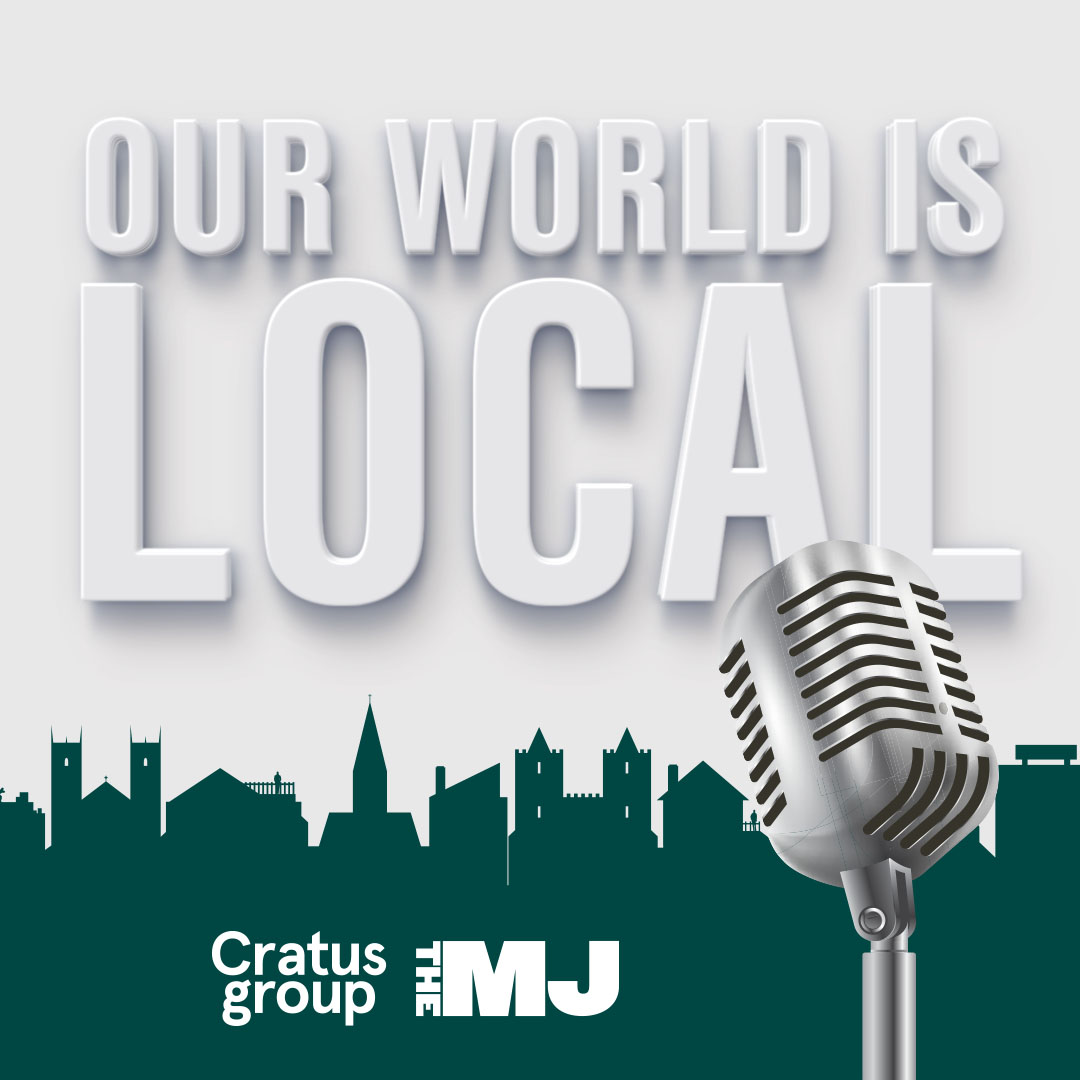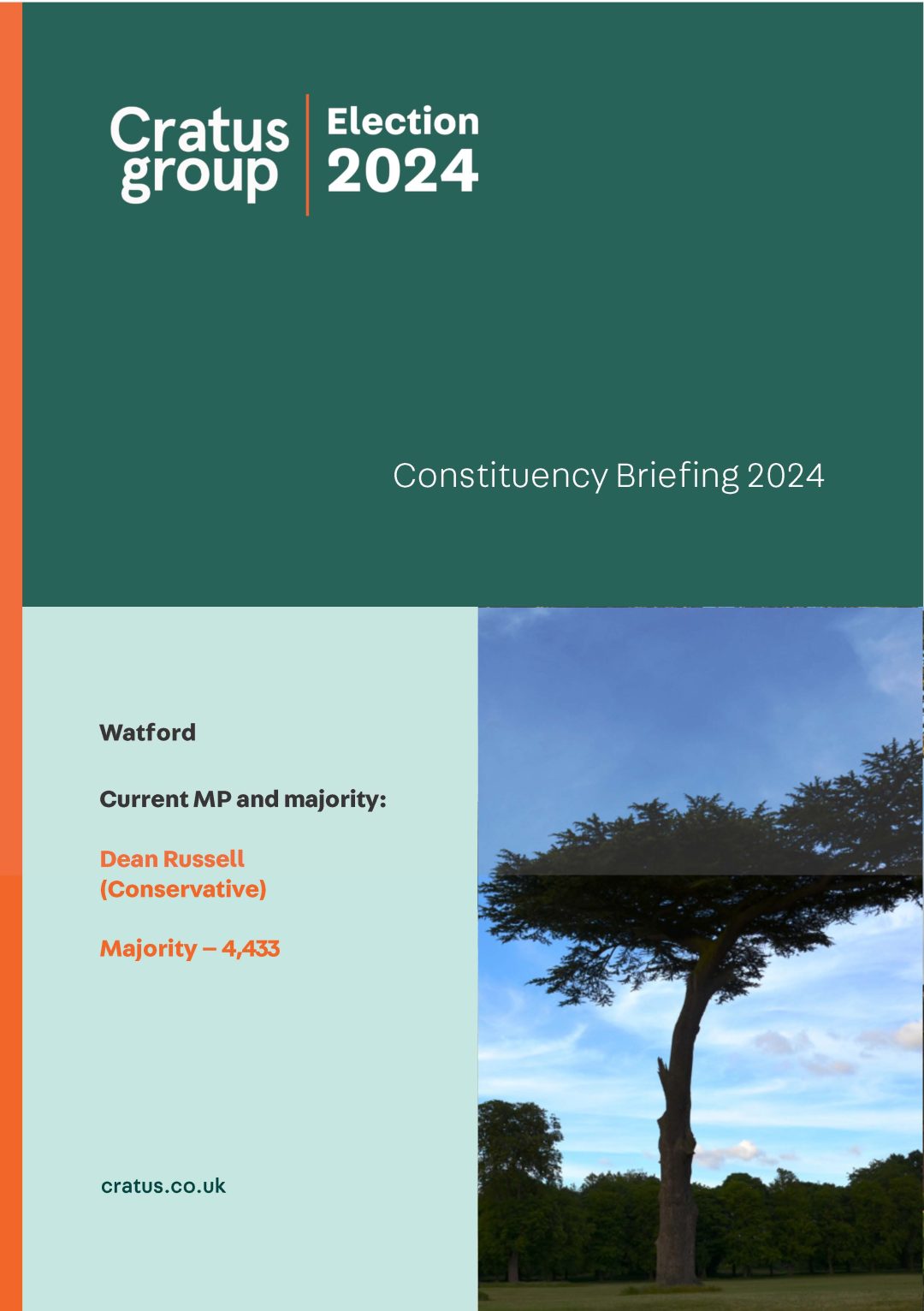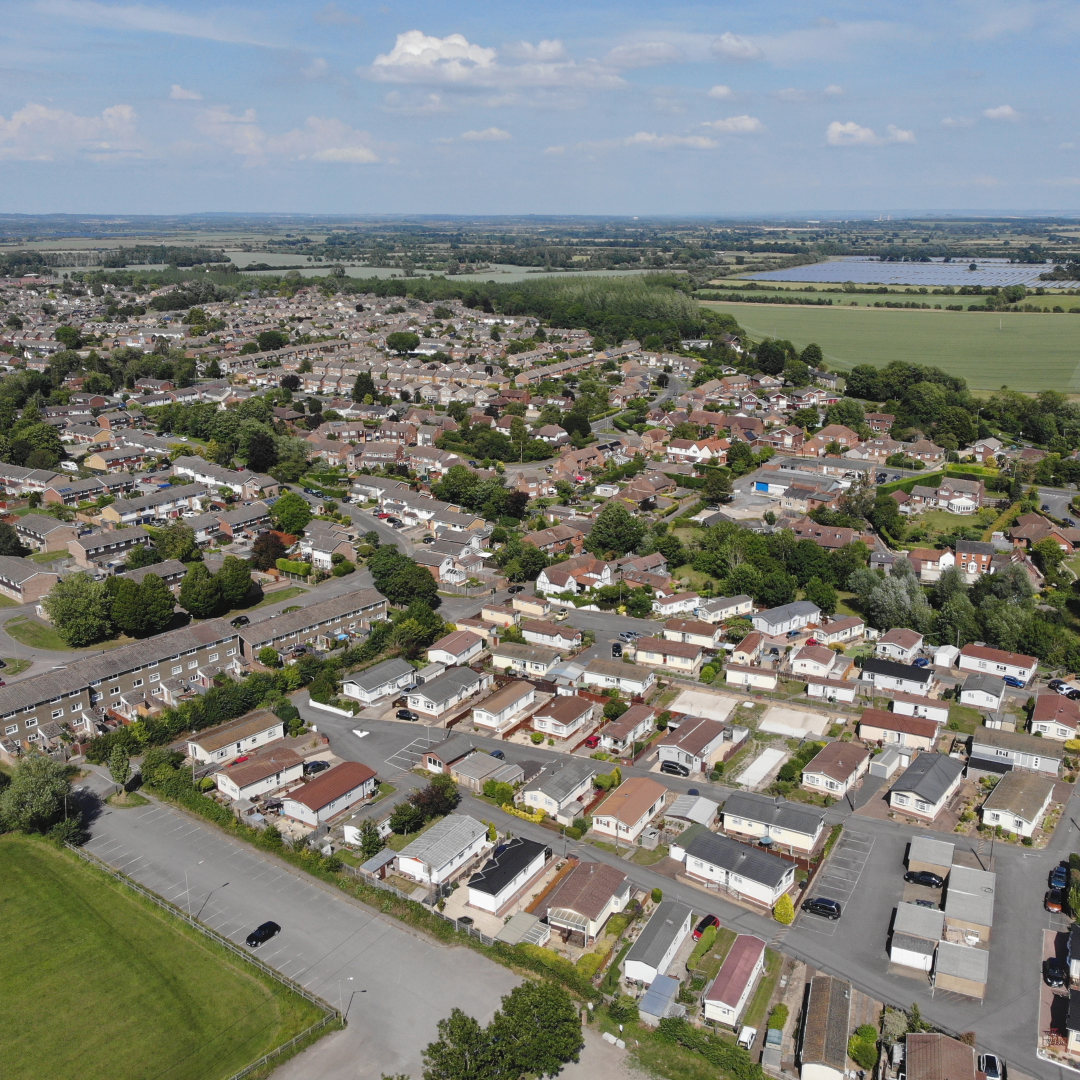Looking beyond Westminster: the local picture
Last Friday, whilst the national spotlight was focused on the unexpected outcome of the General Election, counts were taking place for the election of over 9000 councillors to 279 local authorities across the breadth of England.
With the General Election causing both a higher turnout and a significant element of voting along national party lines, the outcome of polling day saw an increasing dominance of local government by both Labour and the Conservatives. The latter benefited from their national progress, taking overall control of over 30 local authorities and a 500+ net gain in councillors, to reinforce the position they have held since 2004 as the largest party in local government. Labour had mixed fortunes but in overall terms suffered losses, whilst the Lib Dems collapsed and UKIP modestly advanced, including winning control of their first council.
What does this all mean for the future of local government? The change of control in 33 local authorities will mean some local changes in policies and personalities, but all 279 councils will continue to face same nature of significant challenges in tackling budget pressures and addressing housing needs.
The incoming Conservative Government will – with their commitment to eliminate the national deficit by 2019 – place further budgetary constraints on local authorities, whilst service pressures continue to increase. In this context, councils will need to find even more radical ways of providing services – including through joint working and greater involvement of the private sector.
This approach will be championed by the new Secretary of State, Greg Clark, particularly given his track record in advocating city deals as a minister during the coalition years. He will be tasked with implementing the manifesto commitment to devolve powers and budgets to boost local growth in England. What this means in practice remains to be seen, but it is likely to amount to a significant shift in power – and responsibility – from the centre. Such changes present both opportunities and risks for local authorities.
The other big focus will be on how local authorities tackle the ongoing shortage of housing provision. The Conservative manifesto pledged to “ensure people have more control over planning”, whilst also reinforcing a commitment to protect the Green Belt. These laudable aims will be tested when the Government reinforces the need for Local Plans – including the allocation of sites for housing supply –to be progressed without endless delay.
The tensions between the contradictory aims of (1) opposing perceived overdevelopment and (2) addressing housing need are only set to heighten. Councils will continue to face the dilemma of whether to face up to these difficult issues by getting a Local Plan in place to manage where new housing is provided, or instead continuing to put themselves at risk of having unfettered development in the absence of such a plan.
One thing is for sure: the election of a majority government until 2020 – along with the significant challenges for councils during the coming years – will mean that local government is going to be far from dull for the foreseeable future.
More and more of the decisions affecting the public’s lives will be made locally. This can only be a good thing – and it may cause the media to finally recognise the significance of local government for what it is.
Sir Merrick Cockell
Executive Chairman of Cratus Communications
12 May 2015







